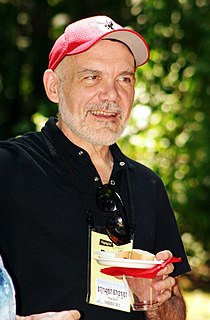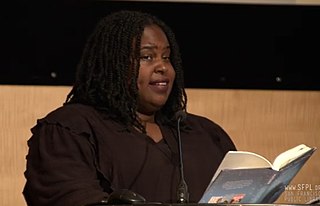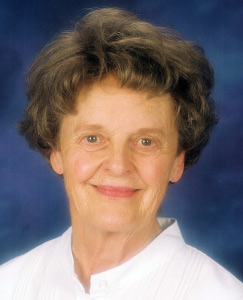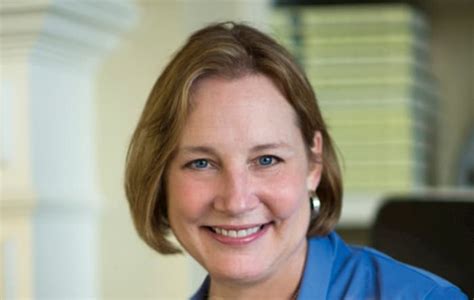A Quote by Joe Haldeman
I think I would have been a writer, anyhow, in the sense of having written a story every now and then, or continued writing poetry. But it was the war experience and the two novels I wrote about Vietnam that really got me started as a professional writer.
Related Quotes
Everyone always asks, was he mad at you for writing the book? and I have to say, Yes, yes, he was. He still is. It is one of the most fascinating things to me about the whole episode: he cheated on me, and then got to behave as if he was the one who had been wronged because I wrote about it! I mean, it's not as if I wasn't a writer. It's not as if I hadn't often written about myself. I'd even written about him. What did he think was going to happen? That I would take a vow of silence for the first time in my life? "
I actually started trying to be a professional writer with novels, and I wrote two that exist and are around... kind of. But they never really went anyplace in particular. I still like them both. What it showed me was that you can spend years on a novel, and then it could just be, like, OK, you spent that time and that's that.
'Presumed Innocent' was written over a six to seven year period with intervals in between where I was figuring out the end of the book and writing other stuff... My life as a writer was carried on against the odds. I had written four unpublished novels by then... as a writer of fiction, I hadn't gotten very far. I just wanted to do it.
I would also argue that there is a good chance that an outline will help you stave off any onslaught of writer's block. Let me advise you right up front that I am not a big believer in writer's block. I think writer's block is God's way of telling you one of two things - that you failed to think your material through sufficiently before you started writing, or that you need a day or two off with your family and friends.
I was writing at a really young age, but it took me a long time to be brave enough to become a published writer, or to try to become a published writer. It's a very public way to fail. And I was kind of scared, so I started out as a ghost writer, and I wrote for other series, like Disney 'Aladdin' and 'Sweet Valley' and books like that.
Just write. If you have to make a choice, if you say, 'Oh well, I'm going to put the writing away until my children are grown,' then you don't really want to be a writer. If you want to be a writer, you do your writing... If you don't do it, you probably don't want to be a writer, you just want to have written and be famous—which is very different.
My best experience as a writer was working with Michael Ondaatje. He let me dismantle his novel, reimagine it, and still had dinner with me and gave me good notes. But the best thing about writing has been the writer's life, the sense of being expressed, the ownership of the day, the entirely specious sense of freedom we have, however slave we are to some boss or other. I wouldn't trade it for any other life.



































